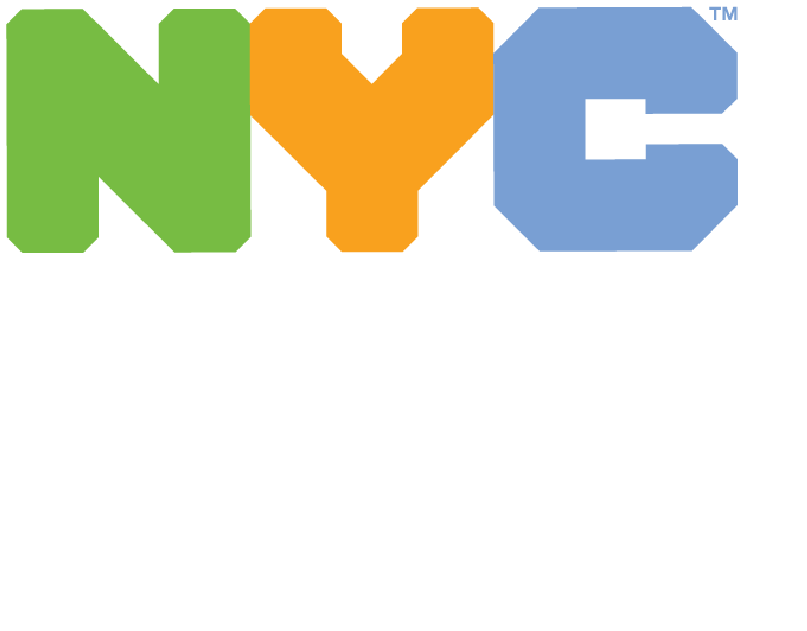Purpose
- Deliver and coordinate personalized pathways advising supports to ensure all students graduate with a strong personal career plan that is connected to key FRNYC program experiences and aligned with their passion and purpose
Definition
In personalized pathways advising sessions, students discuss their personal, educational, and career goals; develop and refine their future plans; and make progress towards completing the following key planning milestones:
- Exploring postsecondary options and career pathways
- Reflecting on career development and work-based learning experiences
- Creating a list of postsecondary options aligned with students' career interests and passions
- Completing postsecondary applications, including FAFSA, TAP, and NYS DREAM Act for students who plan to enroll in college
- Navigating decision and transition processes for a strong launch into higher education, workforce training, public service, or employment, accounting for students' independence, safety, belonging, and ability to persist and thrive
Minimum experiences FRNYC schools must provide to FRNYC students
Delivery of 9-12 sequence of advising activities must align with the NYCPS Career Navigation Roadmap.
-
-
Grade
-
Individual and group advising sessions
-
Student output
-
-
- Grade 9
-
- Two 1:1 College and Career Advising sessions, one of which must be an Individualized Progress Review (IPR) conducted by a licensed school counselor
- One 1-hour FRNYC orientation for all students
- One 1-hour hybrid / virtual FRNYC orientation for all families
-
- Complete career interest assessment using school’s selected digital advising tool
- Complete at least two career awareness experiences
- Enroll in Next Steps Texts service
- Complete a postsecondary plan with personal, educational, and career goals using school’s selected digital advising tool (by end of year)
-
- Grade 10
- Two 1:1 College and Career Advising sessions, one of which must be an Individualized Progress Review (IPR) conducted by a licensed school counselor
-
- Complete at least two career exploration experiences
- Complete the PSAT
- Review and revise postsecondary plan using school’s selected digital advising tool (every 6 months)
-
- Grade 11
- Two 1:1 College and Career Advising sessions, one of which must be an Individualized Progress Review (IPR) conducted by a licensed school counselor (meeting notes entered in Digital Tool)
-
- Complete at least one career development experience
- Complete the SAT
- Complete a list of strong match postsecondary programs for application
- Review and revise postsecondary plan using school’s selected digital advising tool (every 6 months)
-
- Grade 12
-
- Two 1:1 College and Career Advising sessions, one of which must be an Individualized Progress Review (IPR) conducted by a licensed school counselor (meeting notes entered into Digital Tool)
- Exit interviews for all students to support successful postsecondary decision and transition
- Confirmed Postsecondary Plans should be entered in Digital Tool
- One 1-hour postsecondary transition workshop for all students
- One 1-hour hybrid / virtual postsecondary transition workshop for all families
-
- Complete at least one career development experience
- Complete CUNY and SUNY applications (for students who plan to attend college)
- Complete other postsecondary program applications (for private colleges and for workforce training programs)
- Complete FAFSA and TAP or DREAM Act applications (for students who plan to attend college)
- Review and finalize postsecondary decision and plan using school’s selected digital advising tool ahead of graduation
- Complete Senior Survey
Detailed implementation guidance
To prepare for Advising, schools must complete the following milestones:
-
-
Key Milestones
-
Action Items and Guidance
-
-
- Identify and assign a college and career advisor to deliver and coordinate 1:1 sessions with students
-
- College and career advisors are responsible for delivery of individualized support to students to develop and refine their college and career plan, discuss their personal, educational, and career goals, and complete key planning milestones. Sample competencies and responsibilities for college and career advisors are listed here.
- Staff functioning as college and career advisors must complete the required professional learning hours to earn an Advising and Awareness Credential.
- All students grades 9-12 should be assigned a college and career advisor using the STARS College and Career Planning Tracker no later than the end of October.
- Schools should ensure the advisor is adequately equipped to support specific student subpopulations who may require additional scaffolding or targeted support throughout the college and career planning process, including multilingual and immigrant students, students in temporary housing, and students with disabilities
-
- Program individual and group advising sessions into student schedules
-
- Individual and group advising sessions should be programmed into students’ school experience.
- Recommended guidance for implementation of students’ 1:1 advising sessions is once each during Fall and Spring semesters, as per College and Career Advising and Awareness section of High School Academic Policy Guide.
-
- Ensure advisors receive training on digital tools for advising
-
- Central will provide access to digital tools (more details in Digital Tools and Technology)
- Central will facilitate coordination with digital tools vendors to schedule user training
-
- Document and monitor student progress through key planning steps using the STARS College and Career Planning Tracker
-
- As outlined in the Data & Metrics section, your school must update advising experiences on-time and on a regular cadence to support tracking and progress monitoring toward graduation with a strong plan
Additional recommended resources
Schools can find further instructions on the STARS College and Career Planning Tracker in the DOE Wiki.

